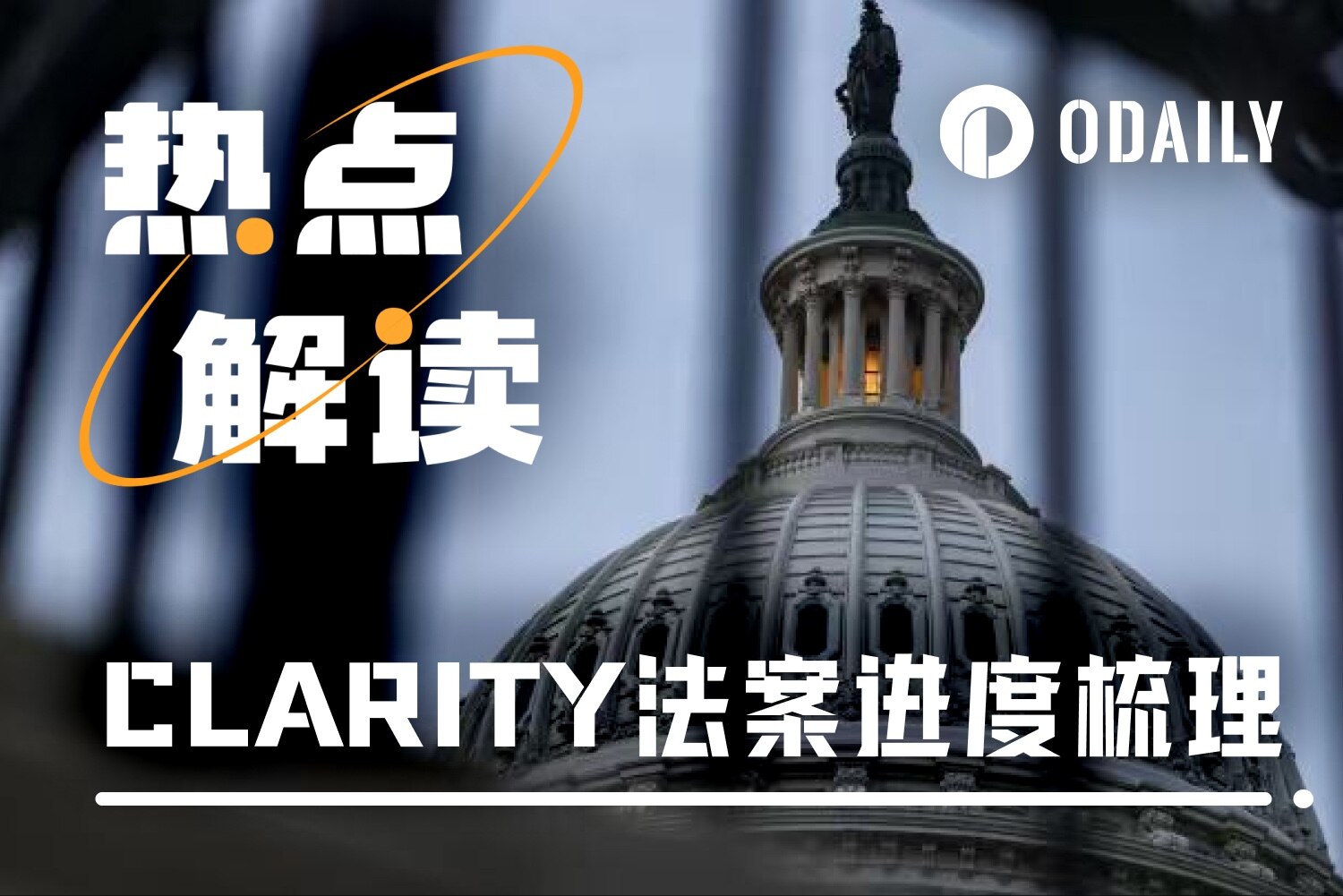去「匿名化」,加密世界和现实世界共存也许就差一下「刷脸」
去年年底各大交易所陆续清退中国大陆及其余部分国家用户。
一时间币圈大地震,仿佛大限将至。
更是直接敲醒了大批用户:去中心化和匿名性并非代表加密世界是处于灰色地带的自由之地,它最终也将走上被监管之路。
本文内容仅用于信息分享,不构成任何投资建议,请识别风险,谨慎投资!
然而对于大部分币民来说,这一事实更代表着——这个圈子的门槛已经高到很多人无法再参与了。
但是在监管作为必要手段的前提下,合规化未尝不是机遇。此时已有许多嗅觉敏锐的平台正在迎合国家监管需求,开启了KYC等验证手段。
我们不难猜想在不远的未来,该类验证将是每一位圈内用户参与项目前必须要了解并完成的。
什么是KYC?
百度百科释义:KYC(外文名Know Your Customer)即对账户持有人的强化审查,是反洗钱用于预防腐败的制度基础。也指金融机构在美国、欧盟、澳大利亚等司法管辖区必须遵守的一系列规则和义务。
最初的KYC有一点像我们平时做的身份验证——输入身份证号和姓名再来下人脸识别。主要目的就是为了核对相关数据库以验证其真实性并确保“你的确是你”。
那么加密货币中的KYC又是什么?
去中心化无疑会让KYC变得十分困难,因为没有一个中介可以点对点的提供固有隐私水平,且这样的过程也缺乏监督。
区块链技术具备一定程度的内在透明度,然而尽管所有人都可以看到发生在账本上的交易,个人却难以与钱包地址进行“画线连接”。
于是监管机构首先将目光放在了中心化交易所的法币交易上,也就是说你的出金或者入金已受到了监管保护。
也因此中心化交易所的KYC已成为普遍要求,尤其是在世界各国政府严厉打击之后。
Coinbase作为多年来未曾要求KYC流程的老牌领军交易平台,现也已实施严格的KYC协议以通过符合美国监管机构的要求来服务美国市场。
但仍有一些“头铁”交易所比如BitMeX——因未遵守KYC法律向美国客户提供服务而被起诉。
目前美国证券交易委员会已经发布了关于DeFi的声明,但还没有发布针对DEX的法规。当然,我们猜测如果美国政府试图监管去中心化协议,也许会因此开启与加密社区的一场“大战”。
目前诸如此类的监管政策正在一个一个的下发,而有前瞻性的平台们已经开始自发的进行合规方向的发展。
CertiK宣布为项目团队推出KYC验证服务!
作为加密货币安全领域的领导者,CertiK致力于保护区块链及加密货币项目和用户。
过去的几年内骤然崛起的大部分团队都是匿名的,这也使得关于匿名方面的高风险比如跑路或其他欺诈行为成为了可能。
因此CertiK KYC旨在通过严格的审查程序使项目团队去匿名化,并建立更大的问责制。
CertiK作为业内领军的安全机构,除了对代码进行基础的安全审计外,包括KYC验证以及Skynet天网动态扫描系统等一系列检测手段均为端到端安全解决方案中的一步,可为整个社区提供最大程度上的安全保护。
让我们来看看CertiK的KYC是如何工作的:
身份验证
CertiK安全团队要求项目方提供护照等身份证件的验证,包括使用基于人工智能的检测系统对其进行ID真实性以及有效性检查,以确保“他是他且他是个人类”,而不是用AI合成的某项目CEO。
KYC数据收集
项目组的所有成员都需要提供额外的可验证数据,以帮助我们进行深入的尽职调查,以确认“他们确实是这个项目的他们且他们全是人类”,而非由盗用照片合成了好几个不存在的项目成员。这些数据由CertiK安全研究员进行隐私性的收集、评估和储存。
背景调查
CertiK团队会对项目组成员进行背景调查,以确保其所提供的数据是真实有效的,并未存在任何过往可疑风险行为。
现场视频通话
除以上方式以外,CertiK还将与每个KYC'd团队成员进行现场视频通话,以验证他们的身份及其他必需参数。
示例:https://www.certik.com/projects/CertiK(已完成KYC认证的项目将在其项目主页右上角显示KYC认证徽标)。
欢迎访问CertiK官网【https://www.certik.com/】来查找已经通过KYC验证的项目。
请注意:KYC验证并不能保证项目100%的安全性。如果项目发生了欺诈行为,那么我们将积极配合当地执法部门以确认相关责任方。而对于用户们来说,做好DYOR并谨慎投资将会更大程度上保护自己的资产。
普通用户是否受益于加密货币监管的未来?
在这一点上其实社区内存在比较大的分歧。
有许多人认为政府监管背离了去中心化和区块链的核心本质,也害怕监管机构的“一刀切”会限制加密领域的发展。
而另外一部分人则担心如果监管机构提出类似于目前状况的利好政策,将会破坏去中心化的如所有人平等访问的核心原则——因为这些利好政策在过去两年里是面向每年收入超过20万美元,或净资产超过100万美元的一类投资者。
假如只有这一类投资者可以去进行特定类型的投资,那么DeFi的让所有人都可以参与金融便成为了一句空话,代币的公平分配也将遥遥无期。
这些担忧来自于加密货币行业的方方面面,但总体而言,对于普通用户来说,KYC仍旧是合理且合法的。这一点可以从Coinbase成为美国最大交易所的结果上看出。
而随着监管的进行,对欺诈和恶意的玩家进行的打击也将最终使普通用户受益,因此大多数社区支持KYC要求及软监管也是可以预见的未来,这也是政府逐步接受加密货币领域的一个显著标志。



